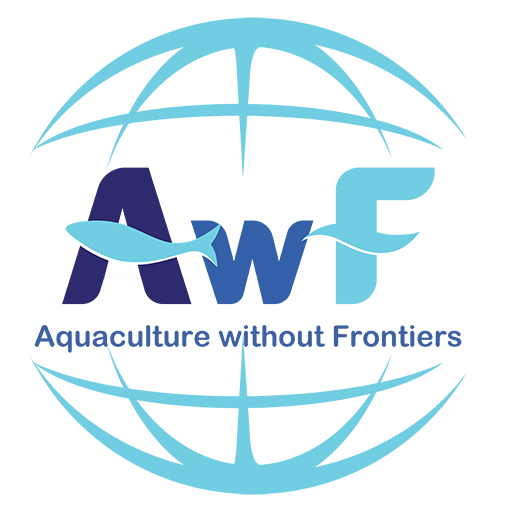7 billion people will inhabit the earth in October 2011
Category:UpdatesOn the 31st of October 2011 the world will reach 7 billion people. That’s the projection from the United Nations Population Fund or UNFPA made on World Population Day, July 11, 2011.
While it’s a once in a lifetime milestone, it’s also an opportunity for the UN to push for better mechanisms to take care of those most vulnerable. To do that, UNFPA is launching a campaign called “7 Billion Actions”, to meet the demands of a growing population.
Dr. Babatunde Osotimehin is the executive director of UNFPA. “The 7 Billion Actions is an effort by UNFPA to reach the 7 billion people in the world asking them what are they going to do to make the world a better place. What action would you take locally to contribute to a better planet and to ensure that we have a more safe world going forward.”
UN Secretary-General Ban-Ki-moon adds that overcoming the challenges of 7 billion people, including being able to feed and shelter those in need, will demand the best in each of us.
For more information log onto 7billionactions.org.
Also read Countdown To 7 Billion: A Tale Of Two Worlds on NPR’s health blog.
Then think of Aquaculture without Frontiers and helping us to help those most in need.
AwF is one of the Organizations Making a Difference on the 7 Billion Actions website; click here.

